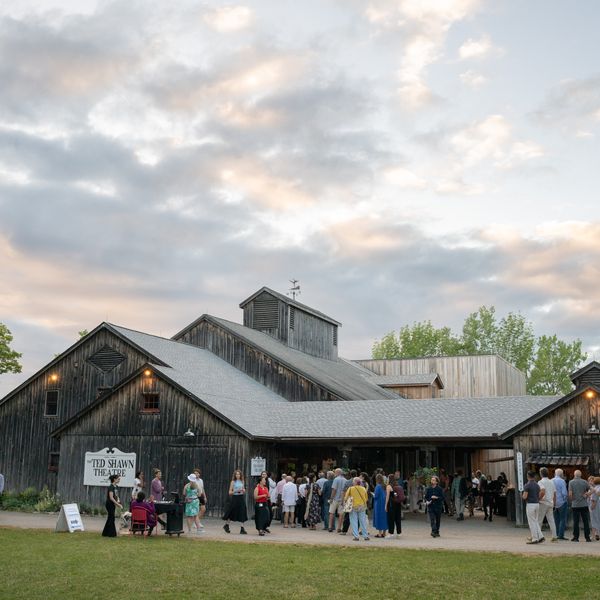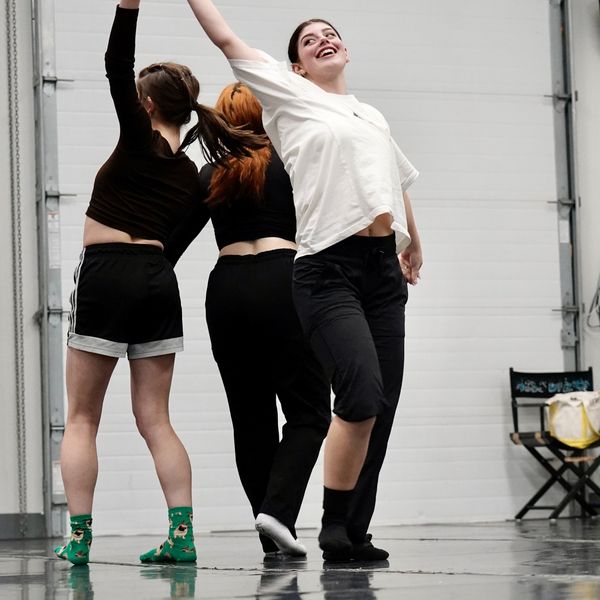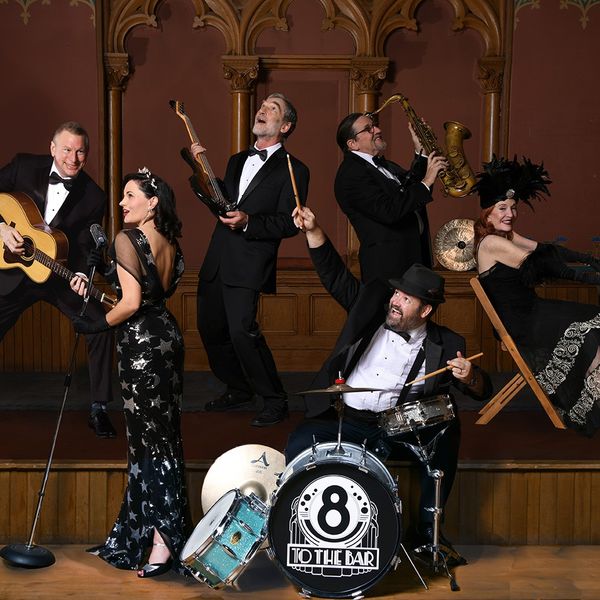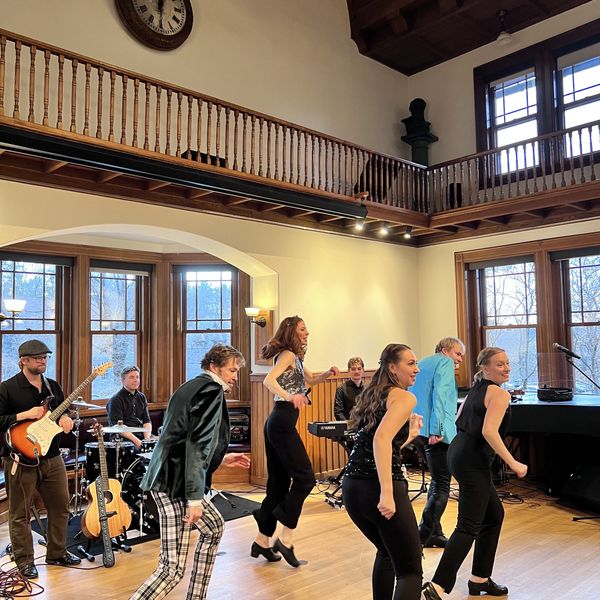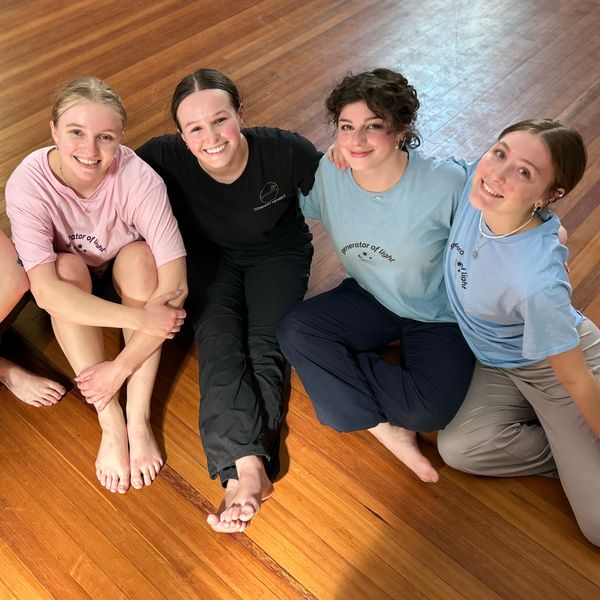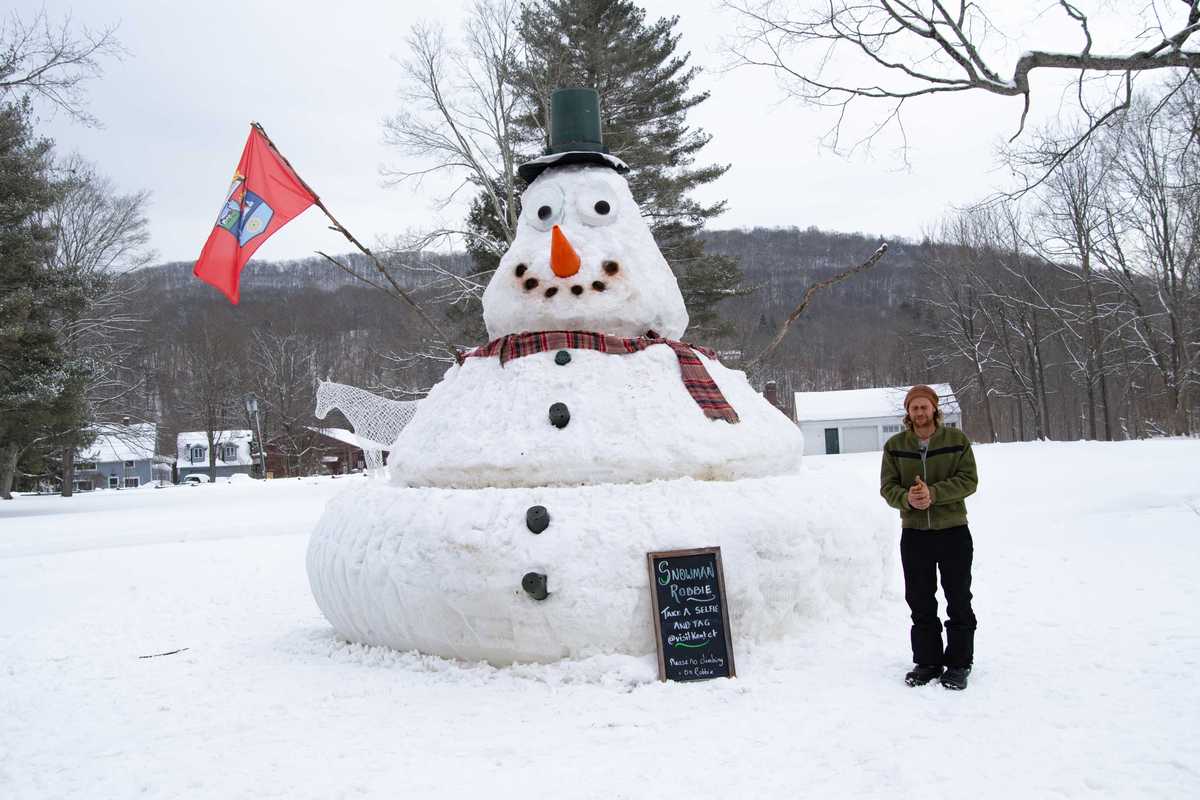Latest News
Swift House committee learns of potential buyer at first meeting
Ruth Epstein
Mar 01, 2026
Swift House in Kent.
By Ruth Epstein
KENT — The fate of the Swift House is once again front and center after the newly formed Swift House Investigation Committee held its first meeting Tuesday, Feb. 24 — and learned that a local attorney is interested in buying the historic property.
At the meeting’s outset, committee member Marge Smith said local attorney Anthony Palumbo has expressed interest in purchasing the building. “He loves it and said he’d be honored to buy it and maybe lease part of it back to the town. He would be OK with a conservation easement.” She said he supports several previously proposed uses, including a welcome center and exhibition space.
In response, Jason Wright, a committee member and representative of the town's Board of Finance, said he would favor “anything that keeps it off our financial statements. That sounds like a sweetheart deal that needs to be explored. An aspiration for me would be to see the house restored and be a gateway to the town.”
But committee chairman James Anderson urged caution. “I don’t think we should focus on one deal,” he said. “We have an obligation to do something with that space. We shouldn’t overrate this proposal. That’s a bad process in my mind.”
The historic building on Maple Street dates back to the mid-1700s and changed hands several times before being acquired by the town in the 1970s. Its first floor has been used over the years by civic organizations, including the Kent Historical Society and the Kent Informal Club. But with funding needed for upgrades and to make the building compliant with the Americans with Disabilities Act, questions have resurfaced about whether it should be retained or sold.
A Swift House Task Force was established several years ago. Members conducted a town survey and hired the firm Silver Petrocelli to draw up restoration plans, which were estimated to cost more than $2 million. The previous administration later disbanded the task force, leaving decisions about the house’s future to the current Board of Selectmen, which established the new committee.
Members are charged with providing input and assistance to the selectmen on a redesign, updated construction plans and ADA-compliant upgrades, as well as developing a secondary comprehensive plan to sell the building if the town decides to dispose of the property. The committee is authorized to represent the town but may not enter into contracts without approval. It was given a deadline of April 30 to present its findings.
The committee includes Selectman Lynn Harrington; Board of Finance representative Jason Wright; Marge Smith and Christine Adams of the Kent Historical Society; and James Anderson, William Reihl and Margie Austell. Anderson was named chairman.
Committee members also discussed possible uses, including a visitor center, meeting space for local organizations and exhibition space. Harrington said the group must identify uses the broader community supports if it expects to secure funding.
Adams, the newly appointed executive director of the historical society, said securing a conservation easement in perpetuity — and determining who would hold it — should be a top priority. She added that listing the building on the National Register of Historic Places could help attract visitors. Adams said a consultant she knows has successfully guided other organizations through the process, with fees ranging from $2,000 to $5,000.
Wright also suggested that the building’s possible connection to singer Taylor Swift could generate interest. Smith said the artist is a descendant of the brother of Jabez Swift, who built the original portion of the house. Wright said he knows members of Swift’s family and would attempt to make contact.
The committee will meet again on March 10 at 6 p.m. to discuss a potential easement, Palumbo’s interest, and any contact with the Swift family.
Keep ReadingShow less
Sharon median home price rises to $710,000 as inventory tightens
Christine Bates
Mar 01, 2026
119 Amenia Union Road — A four-bedroom, 2.5-bath home built in 1872 on 4.42 acres recently sold for $522,500.
Photo by Christine Bates
SHARON — The 12-month trailing median price for a single-family home in Sharon increased to $710,000 for the period ending Jan. 31, 2026 — its highest point since September 2024 as home values across much of Connecticut continued to edge higher.
The figure marks an increase from the $560,000 median recorded for the 12 months ending Jan. 31, 2025, and from $645,000 for the comparable period ending Jan. 31, 2024. While January and February are typically slow months, the 12-month rolling figure reflects a broader reset.
The sales of single-family homes in Sharon on a 12-month rolling basis remained slightly below its historic range. A total of 38 single-family homes were sold in the 12 months ending Jan. 31, 2026, compared with 41 sales in the period ending Jan. 31, 2025, and 41 sales for the 12 months ending Jan. 31, 2024. Historically, annual sales of single-family homes in Sharon typically range between 40 and 50 transactions.
Inventory remains limited. At the end of February, there were 11 single-family homes on the market. Of those, nine were listed above $1 million and none were listed below the current $710,000 median price. Nine parcels of land are listed for sale on the MLS ranging from $139,000 to $585,000. Summer furnished rentals are now hitting the market for $8,000 to $25,000 a month.
Transactions
15 Herrick Road - 3 bedroom/2.5 bath home on 2.32 acres sold by Jesus Desantiago and Carol Haug to David and Mary Kathleen Fowler for $2,100,000.
96 Knibloe Hill Road – 2 bedroom/2 bath home on 2.05 acres sold by Marcel and Claudia Antonietta Vittoria Saucy to Ruth Godbout for $710,000.
10 Surdan Mountain Road – 3 bedroom/2 bath ranch on 2.09 acres sold by Nicholas Louis Terzo to Peter Scott Navario and Travis Blakeslee Jones for $615,000.
287 Amenia Union Road – 3 bedroom/1.5 bath cottage built in 1800 sold by Thomas Casey Sunderland and Charlotte Cohen Sunderland to Aiden Bowman and Joshua Metersky for $703,500.
9 Holland Drive -3 bedroom/1.5 bath Cape on 3.05 acres sold by Arthur Hagendorf to Michael and Patricia Collins for $375,000.
119 & 121 Amenia Union Road – 4 bedroom/2.5 bath house built in 1872 on 4.42 acres and 2 bedroom/1.5 bath barn on 4.42 acres sold by 32 Railroad LLC to CJMD 2 LLC for $522,500 for each property.
* Town of Sharon real estate transfers recorded between January 1, 2026, and January 31, 2026, provided by Sharon Town Clerk. Transfers without consideration are not included. Current market listings from Smart MLS. Note that recorded transfers frequently lag sales by a number of days. Compiled by Christine Bates, Real Estate Salesperson with William Pitt Sotheby’s International Realty, Licensed in CT and NY.
Keep ReadingShow less
Kent's towering snowman honors Robbie Kennedy
Ruth Epstein
Feb 28, 2026
Jeff Kennedy visits the 20-foot-high snowman located in the Golden Falcon lot in Kent that was created in honor of his late brother Robbie Kennedy.
Photo by Ruth Epstein
KENT – Snowman Robbie stands prominently in the center of town, just as its namesake — longtime Kent resident Robbie Kennedy — did for so many years.
The 20-foot-high frozen sculpture pays tribute to Kennedy, who died Feb. 9, at the age of 71. A beloved member of the community, he was a familiar sight riding his bicycle along town roads waving to all he passed. Many people knew him from his days working at Davis IGA, the local supermarket. He was embraced by the Kent Fire Department, where he was named an active emergency member and whose members chipped in to buy him a new bike, and by the Kent School football team where coach Ben Martin made him his assistant. At Templeton Farms senior apartments, he was the helpful tenant, always eager to assist his neighbors.
Last week Gary Kidd, Dan Greenbaum and Loghan Bennett decided to build a snowman on the Golden Falcon lot to honor Kennedy. The site was chosen because it is right across the street where his brother Jeff and family live and from where they operate their business, Foreign Cargo. Leaning against the creation is Kennedy’s bicycle. The snowman is holding flags that wave in the wind.
“Robbie was a cheerleader for the town, and we thought the flags were a way to show that,” Kidd said, who acknowledged that the trio didn’t start to make it that big, but it just grew.
“It’s dedicated to Robbie in the spirit of childlike enthusiasm at any age,” Greenbaum said on Facebook.
The creature, with its large eyes, plaid scarf and top hat, has become a great attraction in town. It was featured on a WFSB-TV segment, throngs of people have stopped to snap photos, and Kidd has talked to Kent Center School classes who have come out for field trips.
Among those who like to visit is Jeff Kennedy. “The outpouring for Robbie from townspeople has been amazing,” he said. “At one time there was talk of maybe having him move closer to other family members, but I said Robbie has to stay here. He belonged in Kent.”
Keep ReadingShow less

Want more of our stories on Google? Click here to make us a Preferred Source.
Classifieds - February 26, 2026
Lakeville Journal
Feb 25, 2026
Help Wanted
PART-TIME CARE-GIVER NEEDED: possibly LIVE-IN. Bright private STUDIO on 10 acres. Queen Bed, En-Suite Bathroom, Kitchenette & Garage. SHARON 407-620-7777.
The Salisbury Association’s Land Trust seeks part-time Land Steward: Responsibilities include monitoring easements and preserves, filing monitoring reports, documenting and reporting violations or encroachments, and recruiting and supervising volunteer monitors. The Steward will also execute preserve and trail stewardship according to Management Plans and manage contractor activity. Up to 10 hours per week, compensation commensurate with experience. Further details and requirements are available on request. To apply: Send cover letter, resume, and references to info@salisburyassociation.org. The Salisbury Association is an equal opportunity employer.
Gardeners needed for native plant design business: March 15-December 1st. Must be physically fit and dependable. Call for interview 347-496-5168. Resume and references needed.
Weatogue Stables in Salisbury, CT: has an opening for experienced barn help for Mondays and Tuesdays. More hours available if desired. Reliable and experienced please! All daily aspects of farm care- feeding, grooming, turnout/in, stall/barn/pasture cleaning. Possible housing available for a full-time applicant. Lovely facility, great staff and horses! Contact Bobbi at 860-307-8531. Text best for prompt reply.
Services Offered
Hector Pacay Landscaping and Construction LLC: Fully insured. Renovation, decking, painting; interior exterior, mowing lawn, garden, stone wall, patio, tree work, clean gutters, mowing fields. 845-636-3212.
PROFESSIONAL HOUSEKEEPING & HOUSE SITTING: Experienced, dependable, and respectful of your home. Excellent references. Reasonable prices. Flexible scheduling available. Residential/ commercial. Call/Text: 860-318-5385. Ana Mazo.
Pets

12 week old black and tan/blue tick coonhound: mix for sale. First set of puppy shots done at 8 weeks. Call 860-248-9947 for more info. and price.
Real Estate
PUBLISHER’S NOTICE: Equal Housing Opportunity. All real estate advertised in this newspaper is subject to the Federal Fair Housing Act of 1966 revised March 12, 1989 which makes it illegal to advertise any preference, limitation, or discrimination based on race, color religion, sex, handicap or familial status or national origin or intention to make any such preference, limitation or discrimination. All residential property advertised in the State of Connecticut General Statutes 46a-64c which prohibit the making, printing or publishing or causing to be made, printed or published any notice, statement or advertisement with respect to the sale or:rental of a dwelling that indicates any preference, limitation or discrimination based on race, creed, color, national origin, ancestry, sex, marital status, age, lawful source of income, familial status, physical or mental disability or an intention to make any such preference, limitation or discrimination.
Real Estate For Sale

FOR SALE: 39 Hospital Hill Road, Sharon. 1680 sq.ft. Two family, rare side-by-side units. 4 bed; 2 full bath, 2 half. Great investment, or live in one and rent other side. $485,000. Call/text Sava, 914 -227-4127.
Business Opportunities
FOR RENT COMMERCIAL KITCHEN IN FALLS VILLAGE: Located in the heart of Falls Village. 425 sf space fully equipped for catering business, wholesale food prep or bakery. Several successful local businesses got their start here! Event space in building could be available. Contact anita@100mainst.com.
Keep ReadingShow less
To save birds, plant for caterpillars
Dee Salomon
Feb 25, 2026
Fireweed attracts the fabulous hummingbird sphinx moth.
Photo provided by Wild Seed Project
You must figure that, as rough as the cold weather has been for us, it’s worse for wildlife. Here, by the banks of the Housatonic, flocks of dark-eyed juncos, song sparrows, tufted titmice and black-capped chickadees have taken up residence in the boxwood — presumably because of its proximity to the breakfast bar. I no longer have a bird feeder after bears destroyed two versions and simply throw chili-flavored birdseed onto the snow twice a day. The tiny creatures from the boxwood are joined by blue jays, cardinals and a solitary flicker.
These birds will soon enough be nesting, and their babies will require a nonstop diet of caterpillars. This source of soft-bodied protein makes up more than 90 percent of native bird chicks’ diets, with each clutch consuming between 6,000 and 9,000 caterpillars before they fledge. That means we need a lot of caterpillars if we want our bird population to survive.
So how do we ensure that there are sufficient caterpillars for them? That is the question, as caterpillars are very particular. Their butterfly or moth mothers cleverly attach their eggs to the very specific plants their tiny babies require. Once they hatch, the caterpillars eat the leaves of these plants until they are either picked off by birds to feed their young or create a chrysalis and turn into a moth or butterfly to repeat the cycle of life.
Some caterpillars are generalists and can survive on a variety of plants, but most — 90 percent, according to scientists — are specialists, relying on only one or two types of plants for survival. In their winged form, dietary restrictions ease as they source pollen more widely, but when it comes time to lay eggs, they use a keen sense of smell to find the specific plants that will help their young survive.
Research by Doug Tallamy shows that 90 percent of butterfly and moth species rely on just 14 percent of native plant species for food, which makes the planting of these “keystone” plants critical. Let’s review a few.
Goldenrod: Not all goldenrod is created equal. Old field goldenrod, (Solidago nemoralis), is a shorter and less aggressive alternative to the tall, aggressive goldenrod we are familiar with, as is wrinkleleaf goldenrod, (Solidago rugosa), a compact species that has arching sprays of bright yellow flowers supporting more than 100 species of insects. This species is deer-resistant with no serious pests or diseases. Last year, Mt. Cuba Center, a conservation center out of Delaware, focused its trials on goldenrod, and its research report, available online, is sortable not just by aesthetic attributes but also by the number of insects seen on each species.
Scarlet strawberry: (Fragaria virginiana), is one of the plants I have had great luck growing in the woodland. When there is a new sunny spot, which happens when a tree or large branch falls, I plant a few strawberries, which I dig out of a spot where they are thriving. These plants make a great groundcover and are especially nice used under trees for caterpillar “soft landings.”
Spotted Joe-Pye weed: We see this plant, (Eutrochium maculatum), on roadsides in late summer, but it looks as sharp as an ornamental in the hands of Michael Trapp, who, in the garden behind his shop in West Cornwall, encloses a bed of Joe-Pye weed with a short boxwood hedge, dignifying this plant that supports between 35 to 40 caterpillar species, including those that become the three-lined flower moth, Clymene moth, ruby tiger moth, Eupatorium borer moth and great spangled fritillary moth.
I am less familiar with fireweed, (Chamaenerion angustifolium), but will be adding it this year, as it may be the prettiest of the keystone plants in our region and attracts the fabulous hummingbird sphinx moth. I will let you know when I find a local nursery that stocks it and, when planted, how it fares here.
Also keep in mind this spring: smooth aster, (Symphyotrichum laeve); white yarrow, (Achillea millefolium); and the beautiful Canadian columbine, (Aquilegia canadensis), which is the first food for hummingbirds’ arrival in the Northwest Corner.
Dee Salomon ‘ungardens’ in Litchfield County.
Keep ReadingShow less
Stephanie Haboush Plunkett and the home for American illustration
Robin Roraback
Feb 25, 2026
Stephanie Haboush Plunkett
L. Tomaino
"The field of illustration is very close to my heart"
— Stephanie Plunkett
For more than three decades, Stephanie Haboush Plunkett has worked to elevate illustration as a serious art form. As chief curator and Rockwell Center director at the Norman Rockwell Museum in Stockbridge, Massachusetts, she has helped bring national and international attention to an art form long dismissed as merely commercial.
Her commitment to illustration is deeply personal. Plunkett grew up watching her father, Joseph Haboush, an illustrator and graphic designer, work late into the night in his home studio creating art and hand-lettered logos for package designs, toys and licensed-character products for the Walt Disney Co. and other clients.
“The field of illustration is very close to my heart,” she said. Inspired by that example, she studied illustration at Pratt Institute and began her career as an illustrator before shifting toward museum work. An internship at the Brooklyn Museum proved pivotal. “It was inspiring to see the children come alive in front of art,” she recalled.
In addition to her curatorial work, Plunkett is the author of two children’s books, “Kongi and Potgi: A Cinderella Story from China” and “Sir Whong and the Golden Pig,” and has written or co-authored numerous books on illustration, including “Drawing Lessons from the Famous Artists School” and “Leo Lionni: Storyteller, Illustrator, Designer.” She earned an MFA from the School of Visual Arts and built a museum career that included positions at the Brooklyn Museum, the Brooklyn Children’s Museum and the Heckscher Museum of Art before joining the Norman Rockwell Museum, where she has worked for 31 years.
But elevating illustration has meant challenging decades of critical skepticism.
“The goal has been to shine a light on this important American art form and to elevate public awareness of its artistic and cultural importance,”Plunkett said.
As a popular and widely circulated art, illustration is sometimes thought of as inferior to fine art, such as painting and sculpture. Plunkett considered why. She theorized that the 1913 New York Armory Show, the International Exhibition of Modern Art, with works by artists such as Picasso, Matisse and Duchamp, initially contributed to this evaluation. In the 1930s and ’40s, abstract expressionism became the art of the nation, and the rift widened further.
“Norman Rockwell became the antihero for many art critics of the time,” said Plunkett. “Illustration was viewed as too commercial and sentimental because of its emphasis on visual storytelling.”
Plunkett calls illustration “art with a job to do.” She explained, “Illustrators are adept at solving visual problems for their clients while expressing their own aesthetic and artistic vision.”

She noted that the line between the fine and applied arts “is much more porous now, with many artists working across platforms and styles.” She cited late-20th-century illustrators like Marshall Arisman, Barbara Nessim, Robert Cunningham, Bernie Fuchs and Mark English as illustrators who forged unique approaches to working and seeing.
Plunkett commented that people want to see the original illustrations. “Generally, Rockwell exhibitions bring high attendance. Currently, our traveling exhibition, ‘Norman Rockwell: From Camera to Canvas,’ is at the New Britain Museum of American Art, but we’ve traveled Rockwell and illustration to 45 states and several countries, including Japan, France, Italy and Germany.”
Nowadays, illustrators take on subjects that are important to them. “The children’s book industry is committed to sharing the richness and diversity of people and cultures with young readers.” Plunkett cited the late illustrator Jerry Pinkney’s commitment to this goal. As a boy, Pinkney found no books portraying children like him, and “his life’s mission as an artist was to present inspiring, positive images of children of color.”
The Norman Rockwell Museum and Rockwell Center seeds were sown when “Rockwell placed the first 199 artworks in the care and collection of the Norman Rockwell Museum upon its founding in 1969, some of which he personally acquired for the fledgling collection,” said Plunkett. “The museum’s current Rockwell holdings include 865 original artworks, the artist’s Stockbridge studio and an archive of 400,000 photographs, letters, props and first uses of the artist’s work. We also hold about 25,000 illustrations by other artists, from the historical to the contemporary.”
“We call ourselves the home for American illustration. We have a real commitment to illustrators and what they’ve accomplished,” said Plunkett.
The Norman Rockwell Museum is located at 9 Glendale Road, Stockbridge. For more information and to purchase tickets, visit
nrm.org
Keep ReadingShow less

Want more of our stories on Google? Click here to make us a Preferred Source.
loading



